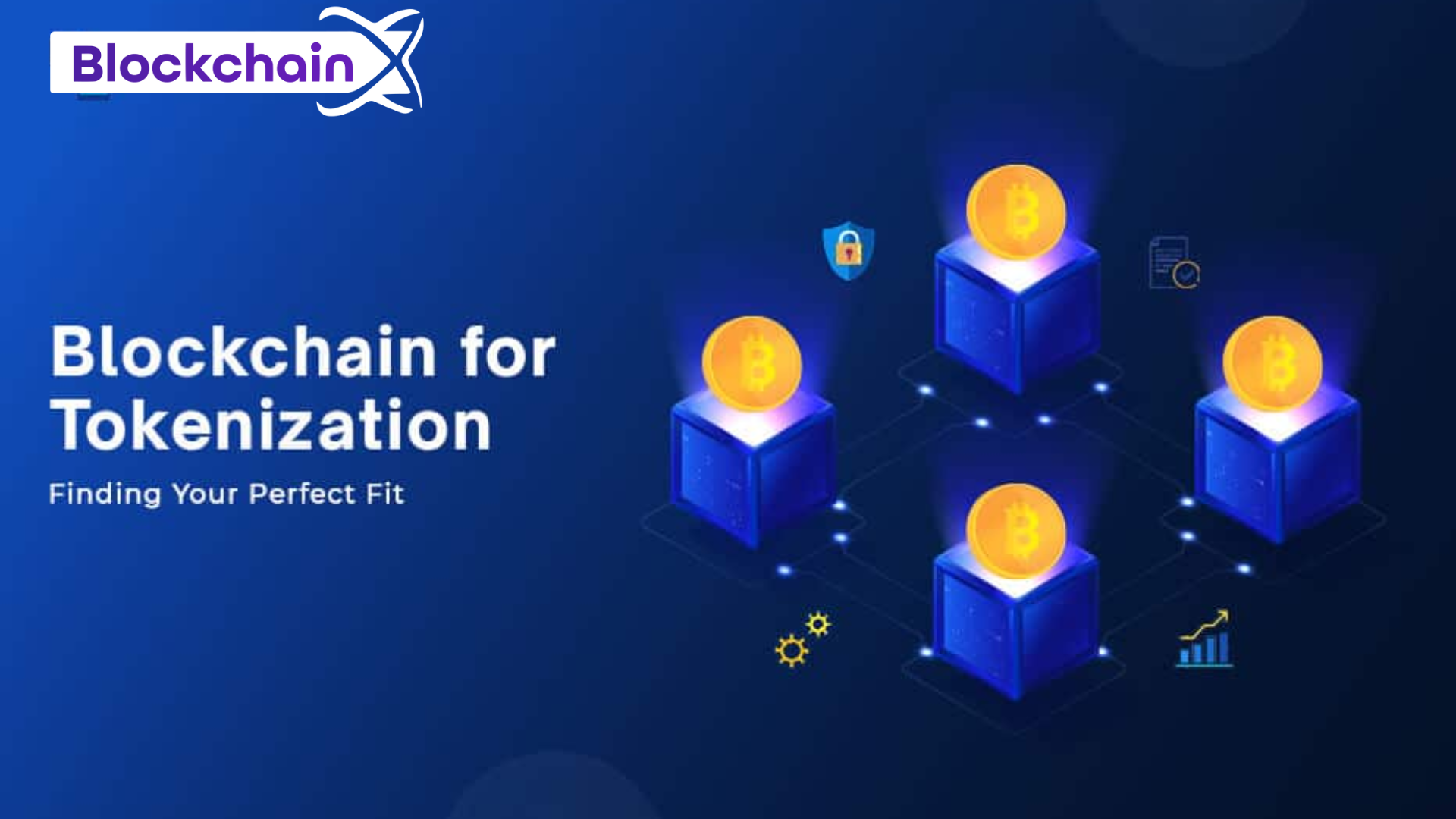What Is Blockchain Tokenization And Why It Is Transforming The World
 kishore senthil
kishore senthil
BLOCKCHAIN TOKENIZATION
Tokenization allows us to identify the transformation and representation of a real asset or object as an expression of unique data within a blockchain. Tokenizing an object on the blockchain means taking each of its properties and transforming them into data that represents it in a unique and immutable way. In this way, we can have a perfect impression of the physical or digital good. Through it, we can operate and understand it as a unique, unrepeatable object with its own characteristics and history, without this data being modified by external or unauthorized agents.
WHAT IS BLOCKCHAIN TOKENIZATION
We see the main use of tokenization in blockchain clearly in the generation of cryptocurrencies. Each native cryptocurrency, such as BTC or ETH, is a unique element that is represented by a digital token on the blockchain. However, the potential of blockchain in this regard advanced rapidly, allowing us to use these “native tokens,” or cryptocurrencies, to generate additional tokens. With its unique properties, accounting and, ultimately, its very existence.
IMPACT OF BLOCKCHAIN TOKENIZATION IN THE WORLD
Technology continued and still continues to evolve and improve. To such an extent that blockchain tokenization is practically everywhere. Do you want to start a financing round for your company? Start a fully regulated ICO, IEO or equity token issuance. Thus, you can make use of blockchain tokenization to achieve the desired objective. Do you want to create secure, tamper-proof merchandise tracking software? Use the power of blockchain tokenization and you can achieve it. Do you want to start a revolution in the world of record copyrights or online advertising? The tokenization of all these mechanisms can open the door to the transformation of all these industries.
The same thing is happening with blockchain and tokenization. Why bother looking for financing from banks, VCs or other financial organizations, which in exchange for helping end up imposing rules that restrict decision-making power in the company. Tokenization allows you to create your own structure to achieve said financing, while maintaining freedom. Banks have even begun to be displaced by exchanges and decentralized protocols, which move hundreds of billions a day. This is a clear example of how we are witnessing the world change through tokenization. This new way of doing things affects almost all economic sectors.
FUTURE OF TOKENIZATION IN THE DIGITAL WORLD
Tokenization, especially in the digital realm, holds immense potential for transforming various industries and aspects of our lives. Here's a glimpse into what the future might hold for tokenization:
Financial Markets: Tokenization has the potential to revolutionize traditional financial markets by fractionalizing ownership of assets. This could lead to increased liquidity, reduced transaction costs, and greater accessibility to a wider range of investors.
Real Estate: Tokenization enables fractional ownership of real estate Tokenization properties, allowing investors to buy and trade fractions of properties seamlessly. This could democratize access to real estate investments and unlock liquidity in traditionally illiquid markets.
Supply Chain Management: Tokenization can improve transparency and traceability in supply chains by creating digital tokens to represent physical assets as they move through the supply chain. This can help streamline processes, reduce fraud, and enhance trust between stakeholders.
Intellectual Property: Tokenization can be used to represent ownership rights of intellectual property assets such as patents, copyrights, and trademarks. This could facilitate easier licensing, royalty distribution, and enable creators to monetize their creations more efficiently.
Digital Collectibles and Gaming: Tokenization has already gained traction in the digital collectibles and gaming industries, allowing players to own and trade in-game assets securely. This trend is expected to continue, with tokenization enabling interoperability between different games and platforms.
Identity Management: Tokenization can provide a secure and decentralized way to manage digital identities, giving individuals more control over their personal data and reducing the risk of identity theft and fraud.
Tokenized Securities: Traditional securities like stocks and bonds are increasingly being tokenized, offering advantages such as increased liquidity, faster settlement times, and reduced administrative costs for both issuers and investors.
Governance and Voting: Tokenization can be leveraged for governance mechanisms in organizations and decentralized autonomous organizations (DAOs), allowing token holders to participate in decision-making processes such as voting on proposals and electing representatives.
Cross-Border Payments: Tokenization can simplify cross-border payments by representing fiat currencies or other assets as digital tokens on Enterprise blockchain networks. This could reduce transaction costs and settlement times, especially for international remittances and trade.
Regulatory Considerations: As tokenization becomes more widespread, regulators will need to adapt and establish clear frameworks to govern tokenized assets and activities. This includes addressing issues related to investor protection, anti-money laundering (AML), and know your customer (KYC) requirements.
Subscribe to my newsletter
Read articles from kishore senthil directly inside your inbox. Subscribe to the newsletter, and don't miss out.
Written by

kishore senthil
kishore senthil
Enterprise blockchain development involves leveraging blockchain technology to create tailored solutions for businesses. Unlike public blockchains, enterprise blockchains are often permissioned, allowing designated participants control over access and governance.